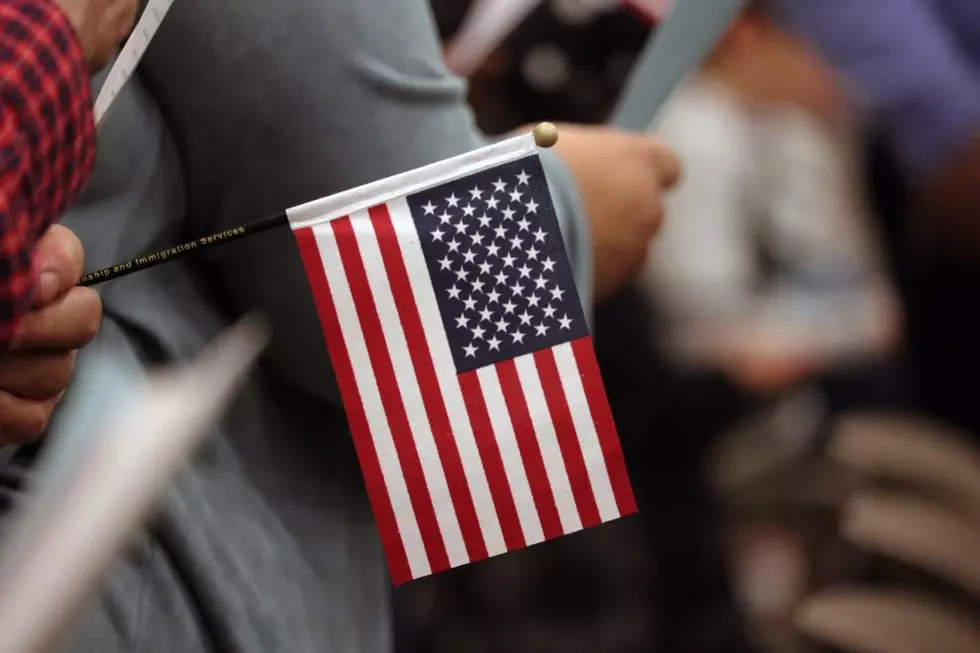
New voter bloc of naturalized citizens might swing Arizona midterms
Gloria Rebecca Gomez/Arizona Mirror
A wave of new voters in Arizona is expected to join the swing state’s midterm elections — and voting and immigration advocacy groups say it could help determine the result.
From 2016 to 2020, 63,857 people were naturalized in the state, according to a report released by the National Partnership for New Americans, a coalition of immigrant and refugee rights groups. While this represents a slight drop from the more than 73,000 naturalized between 2010 and 2014, NPNA maintains that it still outperforms the 10,457 vote margin by which President Joe Biden won his election in the state.
This influx of newly naturalized voters promises to throw a wrench into the plans of anti-immigrant politicians, advocates say. Studies indicate that newly anointed Americans from minority groups — which comprise the bulk of new citizens — have a higher rate of political participation than their native-born counterparts. Latino and Asian immigrants, especially, have higher rates of political participation than native-born Latinos and Asian Americans. And among Latinos, immigration is a top concern, with 82% of them in favor of pro-immigrant policies.
“With so many anti-immigrant sentiments lingering across our nation and the current attempts to restrict our voting and civil rights, the stakes cannot be higher. This powerful multiracial, multigenerational voting bloc will be driven to the polls by different viewpoints, experiences, and issues that impact our communities, truly making them an electoral force to reckon with,” said Nicole Melaku, executive director of NPNA, which also works to encourage new citizens to vote.
In Arizona, the new voting bloc skews younger, female and Latino.
Approximately 56% of newly naturalized citizens are of voting age and under 45 years old, and 57% are women.
They come from multiple countries, but lean heavily Latino. As much as 55% of newly naturalized citizens are from the Americas, which include Latin America and the Caribbean. The top country represented among them is Mexico, with just under 29,000 hailing from the southern neighbor. The second largest region of origin is Asia, at 29%, with India as the highest contributor after Mexico, at 3,197. Iraq and the Philippines follow closely behind.
The authors of the report note that the number of newly naturalized citizens ready to vote in the midterm elections would be greater if not for an immigration processing backlog. More than 10,000 applications were pending in Arizona at the end of December of 2021, which is the most recent time for which data are available.
The national average processing delay is 11 months, but delay averages at both United States Citizenship and Immigrations Services offices in Arizona outstrip that. In the Phoenix Office, 80% of applications take 13 and a half months to process and in Tucson, 80% of them take a full 14 months to complete.
